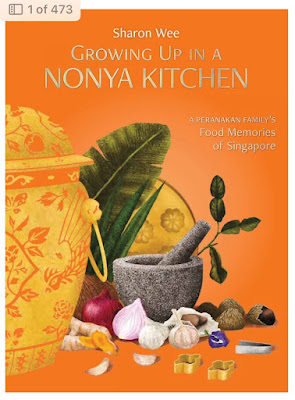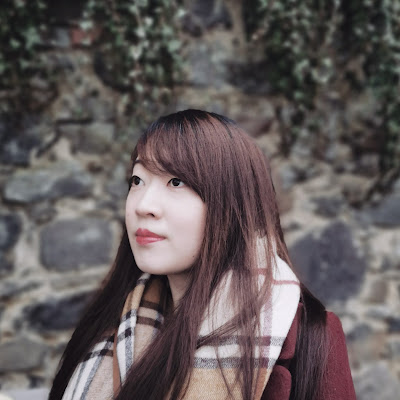 |
| Courtesy of Author |
Sharon Wee was born and raised in Singapore, graduating from the National University of Singapore. She worked for Mars Confectionery in Hong Kong and China in the 1990s. She has an MBA from New York University and resides in Manhattan where she trained at the French Culinary Institute. Her recipes have been featured in the New York Times and the Washington Post and she has given interviews about her Peranakan heritage. She chronicles her food experiences on Instagram @nonya.global. Sharon frequently returns to Singapore.
 |
| Courtesy of Author |
Synopsis:
This is a cookbook, and an intimate memoir, giving readers a sense of what it felt like to grow up in a Peranakan Chinese family ― descendants of local womenfolk and the earliest Chinese settlers to Southeast Asia.
As a fifth-generation Nonya (honorific for female Peranakans) from both sides of her family, Sharon Wee recollects her life in Singapore. She interviewed older relatives and recreated her mother’s personalized recipes, many orally passed down for generations.
Growing Up in a Nonya Kitchen was originally published in 2012. This updated edition includes revised recipes and cooking methods, with more detailed explanations and guidance for the young or unfamiliar cook to Peranakan food, spiced with a dose of humour. It also includes new contributions by subject experts on the heritage and beautiful cultural legacy of the Peranakans.
***
















